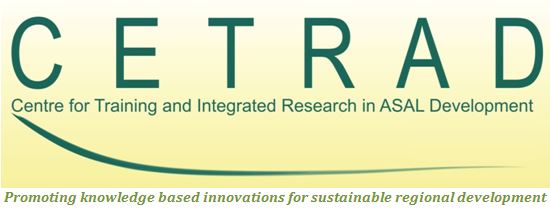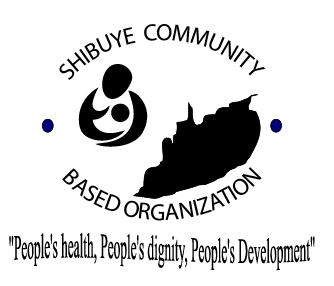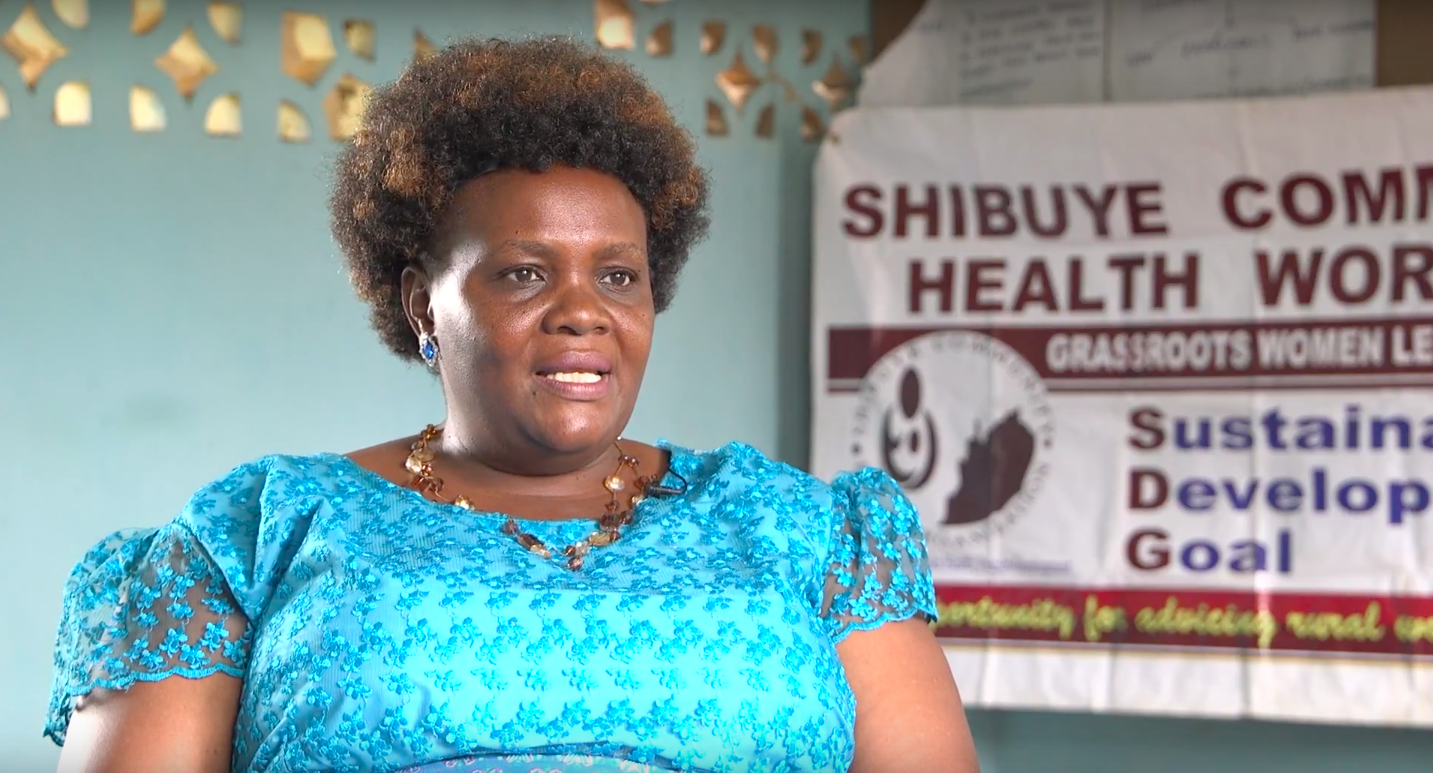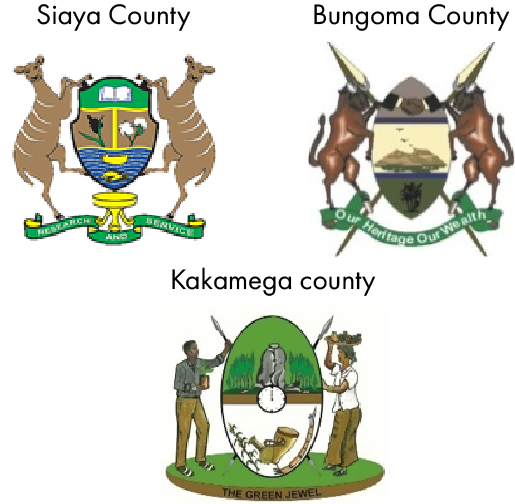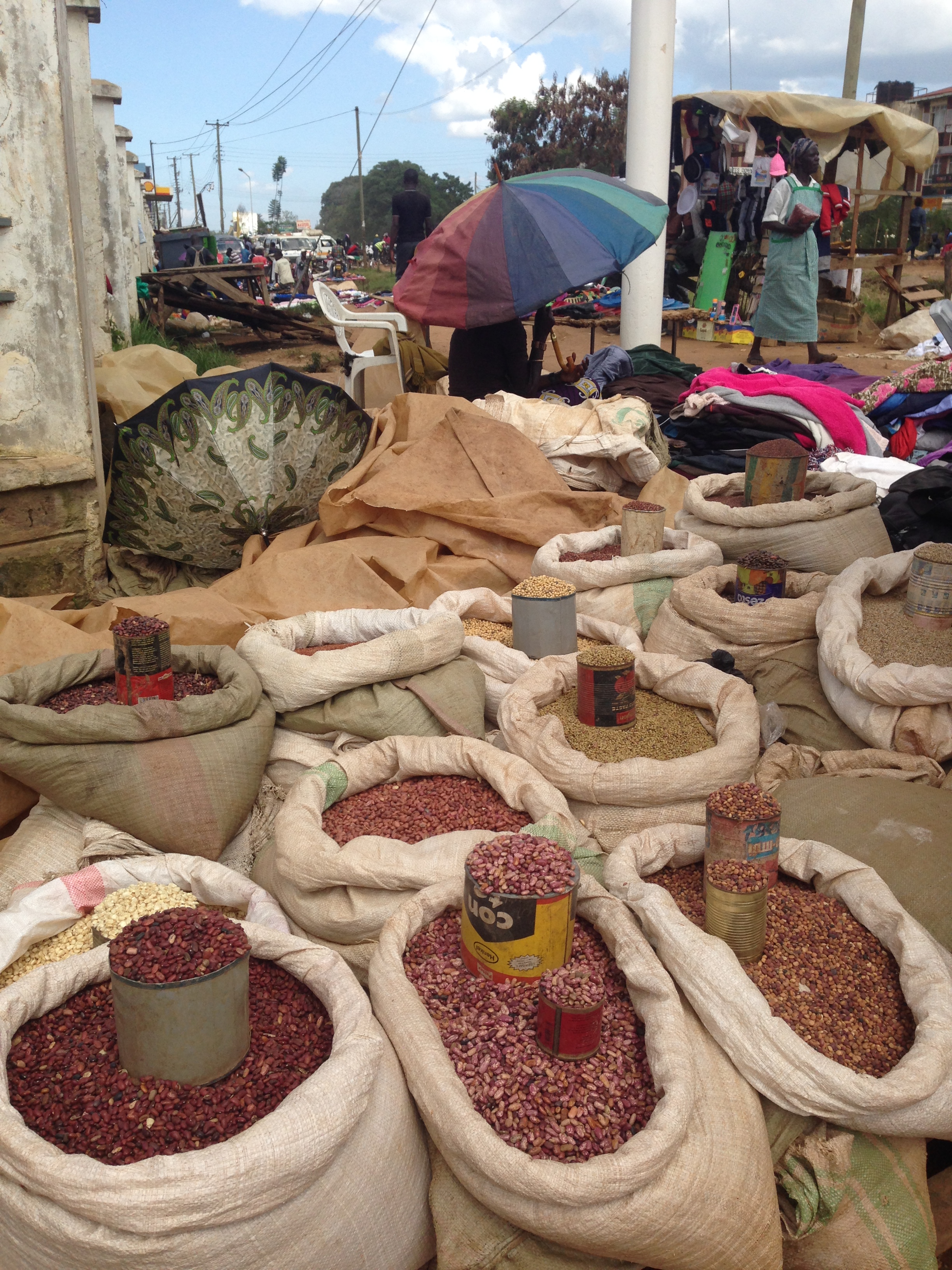
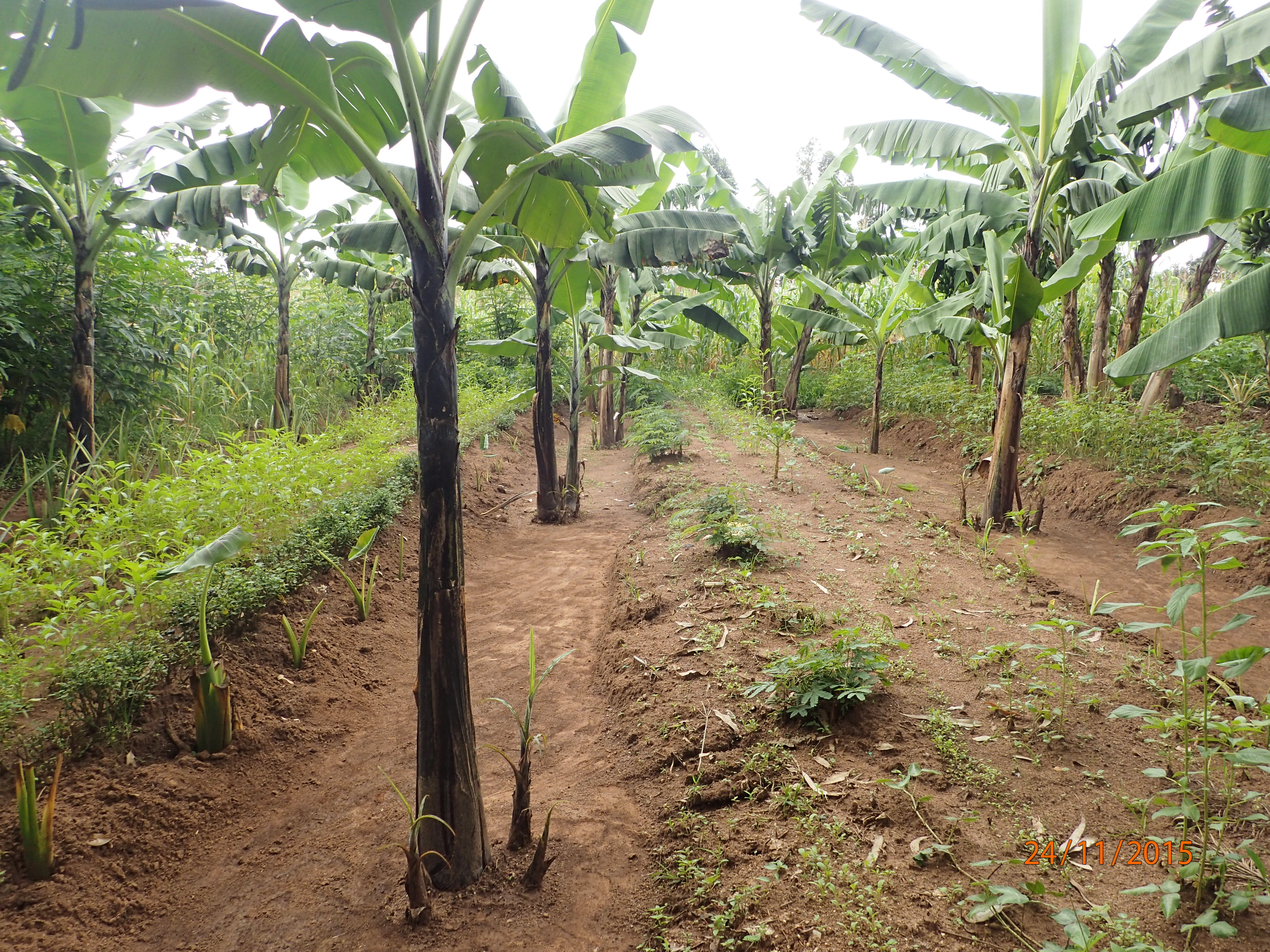
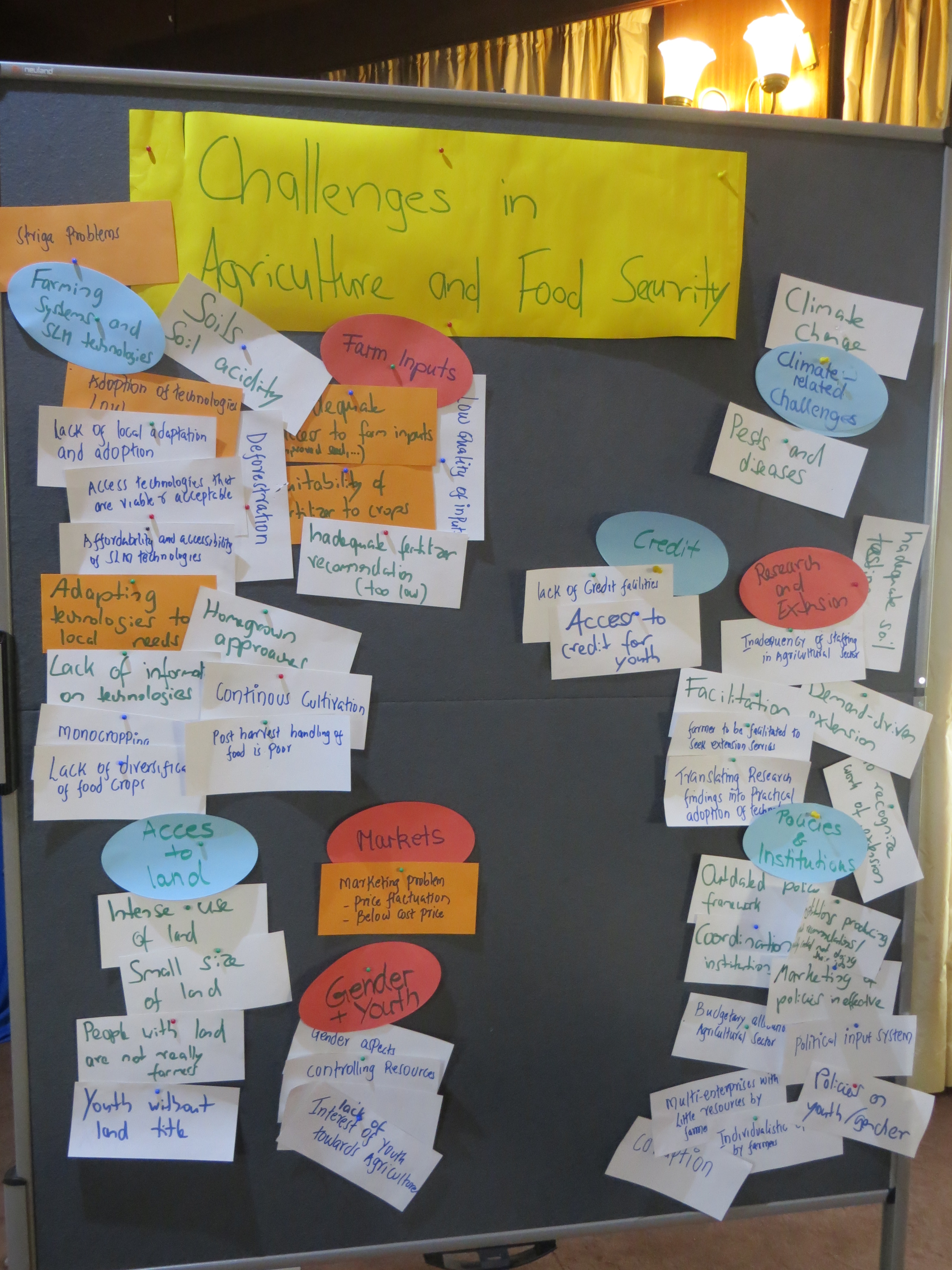
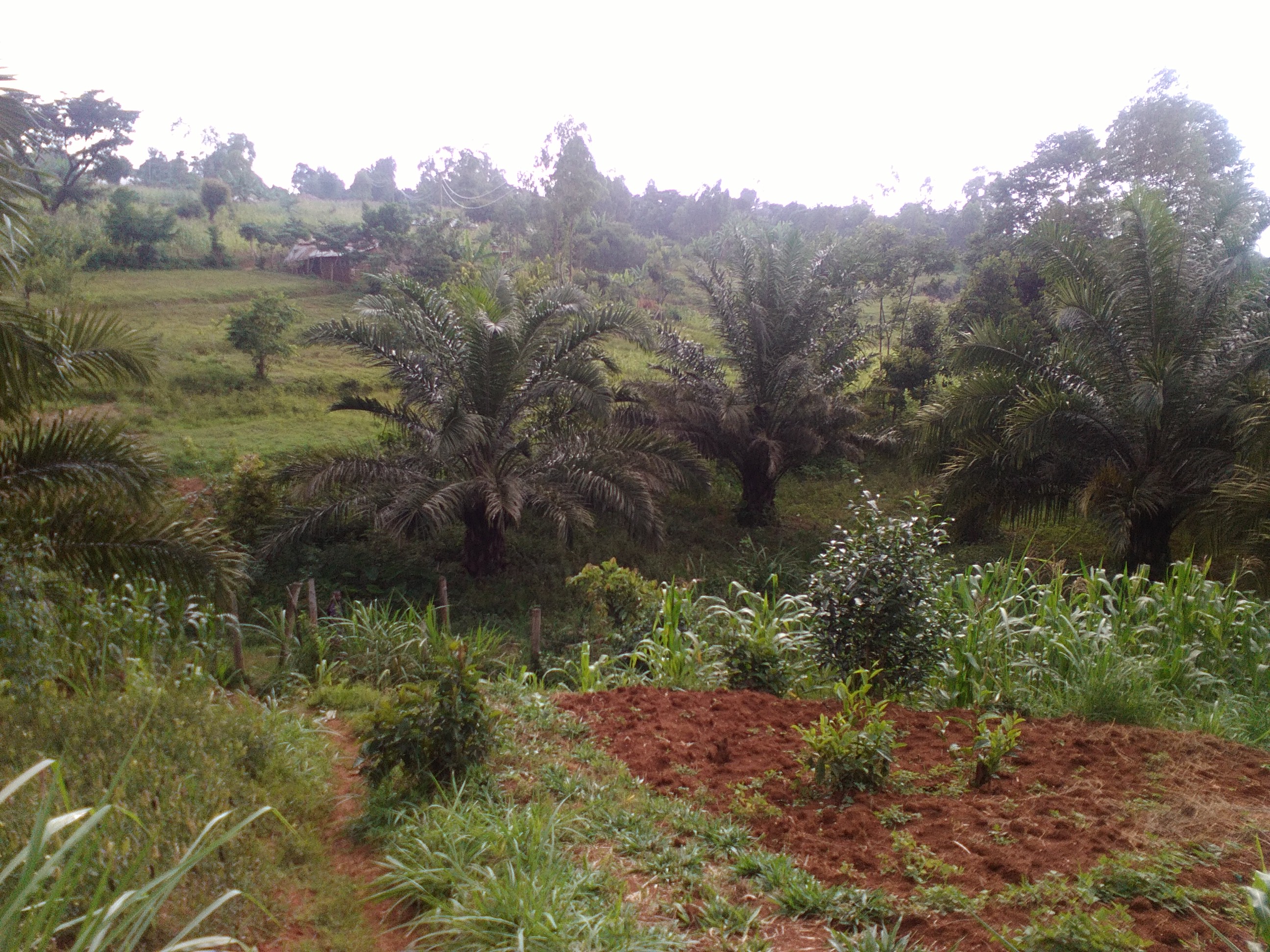
Kenya is a predominantly agricultural country. More than 75% of its people live in rural areas and depend mainly on agriculture for their livelihoods. Four out of ten of the country’s households in rural areas are poor and only a quarter of Kenya’s land has high agricultural potential.
Western Kenya is a region of high agricultural potential, but farm size and soil fertility are declining. A rapidly expanding population has led to sub-division of land into small and uneconomic holdings, many of less than a hectare in size, while continuous cultivation to meet increasing food demands has exhausted soil fertility. Soil erosion due to heavy rainfall and increasing soil acidity have reduced agricultural productivity and threaten the food security of the region.
Promoting sustainable land management (SLM) practices to prevent, reduce and restore soil fertility is a priority for the government. The Kenya Strategic Investment Framework (KSIF) for sustainable land management acknowledges that “land degradation remains a major threat to the provision of environmental services and the ability of smallholder farmers to meet the growing demand for food and income”.
TMG Research operates in western Kenya, in the counties of Bungoma, Kakamega and Siaya, where GIZ is working with local partners to implement the Soil Protection and Rehabilitation for Food Security project, part of the German Government-funded One World – No Hunger initiative.
The adoption of SLM practices has remained low, especially since the project-based interventions ended. Key barriers that prevent smallholders, especially women and youth, from practising SLM include insecure land rights and the absence of sustained agricultural advisory (extension) services. TMG Research has worked with a wide range of stakeholders in western Kenya – comprising government officials, the research community and civil society – to develop solutions to these challenges. Local stakeholders and communities were essential partners in developing community-based solutions to increase security of land tenure. Leading agricultural stakeholders and decision-makers from the counties of Bungoma, Kakamega and Siaya worked together in a peer-review process to identify ways of strengthening agricultural extension services.
The Centre for Training and Integrated Research in Arid and Semi-Arid Lands Development (CETRAD) is a bilateral research institution of the Government of Kenya and the Government of Switzerland, with ties to the University of Berne. It is dedicated to policy-oriented action research and training in sustainable development, land use planning, and sustainable resource management. CETRAD has been a key partner of TMG Research in our work on intra-household land tenure.
http://www.cetrad.org/Shibuye Community Health Workers, is a community-based organization (CBO) led by women and based in Shinyalu, Kakamega County. This CBO safeguards women’s rights to land and empowers them to understand and claim their land rights. A key aspect of its work is the services provided by its “watchdogs” – community members who are trained as legal advisors and help to build capacity at the community level to establish land rights for women. The Shibuye CBO facilitated the development of land lease guidelines in collaboration with TMG Research and local communities in Kakamega.
https://www.facebook.com/shibuyechw/The counties of Bungoma, Kakamega and Siaya are semi-autonomous administrative entities. These counties are relatively new, created in 2010 under a new national constitution that aims to decentralize Kenya’s governance structure. Among the responsibilities delegated to the counties is the provision of public agricultural services.
Like other counties in Kenya, Bungoma, Kakamega and Siaya are still in the process of developing capacity for the provision of services, especially to smallholder farmers. Leading agricultural stakeholders and farmer representatives agreed that food-insecure farming households needed stronger support, including more effective promotion of sustainable land management. TMG Research and the three counties collaborated in a peer review process to strengthen provision of agricultural services to farmers.
This sites uses cookies. By continuing to browse your are agreeing to our use of cookies. Review our data privacy policy for more information.
accept